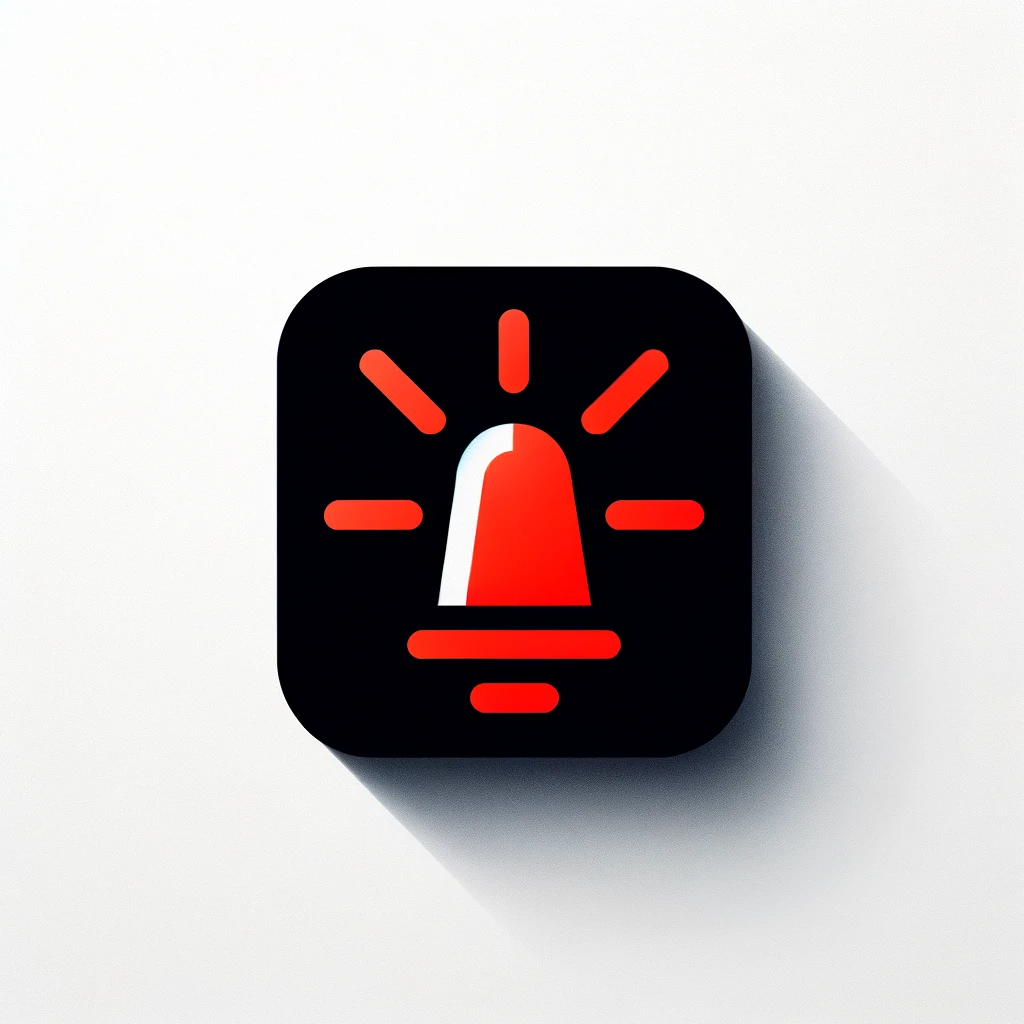
Responding to relapse warning signs and behaviors is a crucial aspect of maintaining recovery from addiction. Recognizing and addressing these early can prevent a full-blown relapse. Here’s a guide on how to respond effectively:
1. Recognize the Warning Signs:
- Emotional Changes: Increased anxiety, mood swings, or irritability.
- Social Withdrawal: Pulling away from support networks, such as friends, family, or support groups.
- Neglecting Self-Care: Poor eating or sleeping habits, neglecting hygiene or health.
- Romanticizing Past Use: Reminiscing about drug use days as if they were better times.
- Sudden Changes in Behavior: Returning to old habits or places associated with past substance use.
2. Increase Awareness and Self-Monitoring:
- Mindfulness: Practice mindfulness and self-reflection to recognize and understand your emotions and triggers.
- Journaling: Keep a daily journal of thoughts, feelings, and behaviors to spot patterns.
3. Strengthen Your Support System:
- Reach Out: Talk to a trusted friend, family member, or therapist about your feelings and concerns.
- Support Groups: Attend meetings more frequently, whether it’s AA, NA, or another support group.
- Accountability Partner: Have someone you can check in with regularly.
4. Revisit and Reinforce Coping Strategies:
- Counseling: Increase the frequency of therapy sessions if you’re feeling unstable.
- Relapse Prevention Plan: Review and update your relapse prevention plan with new strategies or insights.
- Stress Management: Engage in stress-reducing activities like exercise, meditation, or hobbies.
5. Make Lifestyle Adjustments:
- Routine: Maintain a healthy routine that includes regular sleep, nutrition, and exercise.
- Environment: Remove or avoid triggers in your environment. This might mean avoiding certain places or people.
6. Develop Healthy Responses to Triggers:
- Coping Skills: Use coping skills learned in therapy, like deep breathing, visualization, or positive self-talk.
- Problem-solving: Address problems head-on rather than using substances as a way out.
7. Plan for Urges:
- Distraction Techniques: Have a list of activities ready to distract yourself when you feel an urge.
- Delay Tactics: Tell yourself to wait 15 minutes. Often, the urge will pass in that time.
8. Seek Professional Help if Needed:
- Therapist or Counselor: If you’re struggling, don’t hesitate to contact your therapist or counselor.
- Treatment Programs: Consider a refresher course or a short-term return to a treatment program if needed.
9. Focus on Self-Compassion:
- Avoid Guilt: Understand that experiencing challenges is a part of recovery and doesn’t mean failure.
- Positive Self-talk: Remind yourself of your strengths and the progress you’ve made.
10. Educate Yourself and Others:
- Understanding Relapse: Learn about the stages of relapse and educate those around you so they can support you effectively.
11. Emergency Plan:
- Emergency Contacts: Have a list of people you can call if you’re on the brink of a relapse.
- Safe Spaces: Know where you can go to feel safe and supported if you’re in crisis.
Relapse doesn’t start when you pick up a substance; it begins much earlier, often with subtle emotional and behavioral signs. By responding proactively to these early warning signs, you can maintain your path to recovery and well-being. If you do relapse, remember it’s a setback, not a failure. Learn from the experience, adjust your strategies, and continue your journey to recovery.


